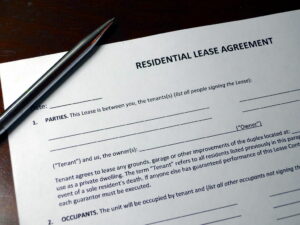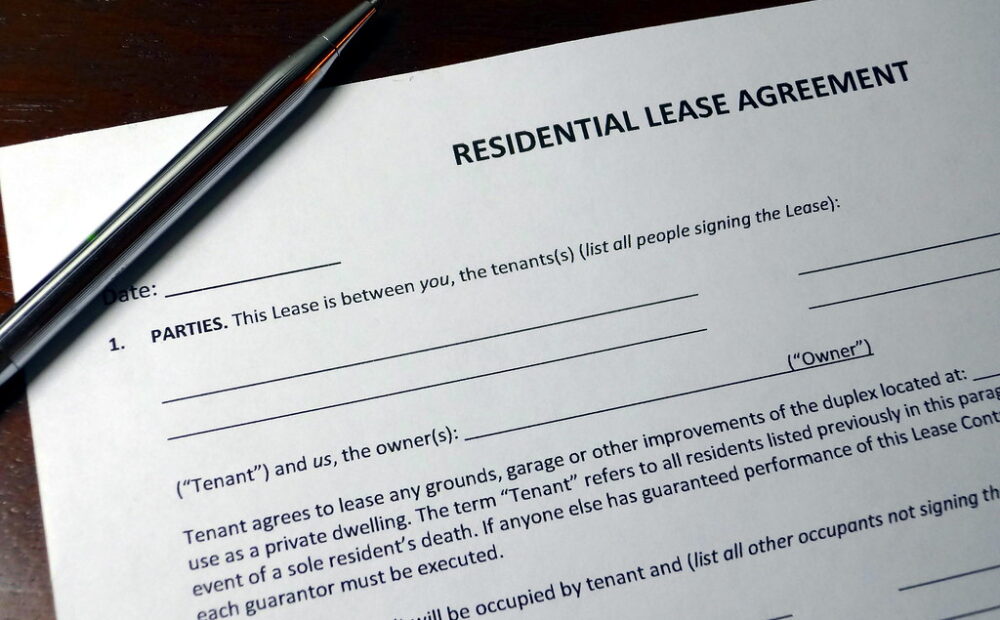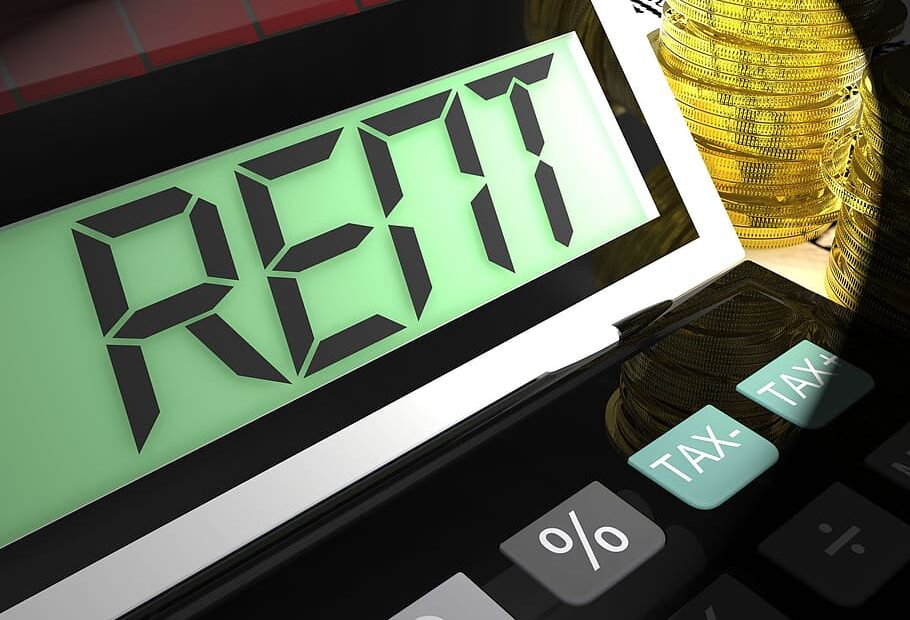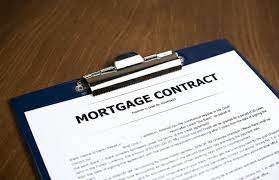A lease agreement is a legal contract between the two parties that comes in mutual consent when one party conveys land or personal property to another party for a specific period in return for the payment. It outlines all the aspects of the rules and regulations under the lease arrangement. And Can a landlord break a lease that is necessary to be followed by the tenant?
Terms and conditions in the lease agreement mostly consist of :
- Duration of the agreement – For long the lease agreement will be in effect or when it will end.
- Rent/ amount of rent – The amount of rent that will be paid to the owner each month or quarterly or annually, and the consequences for failing to pay the agreed-upon amount by the due date.
- Any Deposits required – The amount of any deposits required, and the purpose of each deposit, and the conditions for the return of any deposit at the end of the lease.
- The number of occupants – The maximum number of occupants permitted in the building.
- Insurance for any risk – Whether the lessee is required to maintain insurance on the property.
- Repairs and Maintenance responsibility – Who will be responsible for repairs and maintenance to the property.
Now, after knowing the lease agreement, the question arises that;
Can a landlord break a lease?
Yes, he may or may not break the lease depending on the situation. These situations may vary from one condition to another in the sense of legal documents or any breakage of any rule or due to any other situation availing in the present. Every state or country has different laws regarding landlord/tenant laws.

Let’s see when a landlord breaks a lease :
1. If the landlord wants to move- in the property –
This process is known as owner Move-in eviction. The landlord has to provide notice before 60 days with reasonable notice if the landlord wishes to move-in before the expiry of the lease. The landlord must move-in once the tenant vacates the place. And use it as the home for a minimum of 36 months. Otherwise, the tenant can sue the landlord for wrongful eviction and can get back into the property.
2. If the landlord wants to sell the property –
The landlord has to go through the lease agreement before thinking of selling the property. If he/she has the “lease termination due to sale “ clause, they can easily proceed before. Simply, the landlord can give a standard notice warning to vacate the property. Or declare an end to the lease if the property is sold before the end of the lease. This clause is not compulsory in every agreement. And the tenant can try that this clause must not be there to prevent any future conflicts.
3. If the tenant fails to pay the rent on time or late –
the landlord can issue a notice of lease termination in case the tenant fails to pay the rent to the landlord and afterwards can also sue the tenant in case of not vacating the place.
4. If the tenant violates any clause in the agreement –
the landlord can terminate the lease agreement in case the tenant violates any clause mentioned in the lease agreement and can sue the tenant in case of not vacating after sending the official notice.
5. If the tenant violates any responsibility imposed by the law –
some rules and regulations are imposed by the law or state, that are necessary to be followed by the tenant and in case any of the rules are violated, the termination can be done.
6. In case of any renovations –
the landlord can terminate the lease in case there are some renovations to be done in the buildings which need to empty the place but have to send the prior notice but in this case, the lease can be broken by the landlord.
In any case of disagreement or any of the above cases, the tenant and landlord must have mutual consent to prevent the lease termination. The following cases perfectly showcase that the landlord can break a lease in the above cases. But it is also necessary that the landlord sends the official notice before the termination.
In case the tenant continues to stay at the same place even after the letter of termination, the landlord can take the step of eviction.
What is eviction when a landlord breaks a lease??
Eviction is the physical removal of the tenant from his/her property ordered by the court with the help of the law- enforcement officer. For the termination of the lease, the landlord has to file a lawsuit if the tenant continues to stay even after the notice. In this case, the officers help in the removal of the tenant.
Author’s Note
It is quite simple that the landlord can break a lease in case of a few matters. Like the landlord is moving in, the selling of the property, violations of law, rules, and regulations, or any renovations, etc. The landlord can even take the help of the court in case the tenant doesn’t empty the place even after the notice provided. So, it’s better to check the agreement before confirming and signing and check for a breakage agreement by the landlord.























